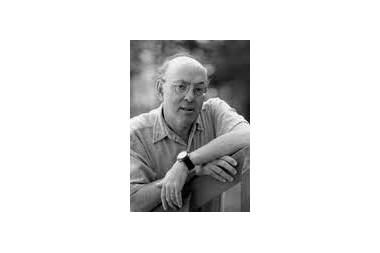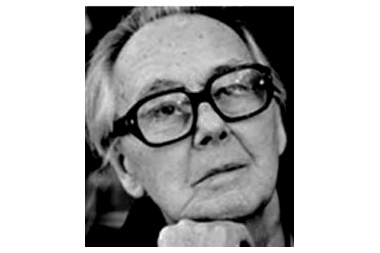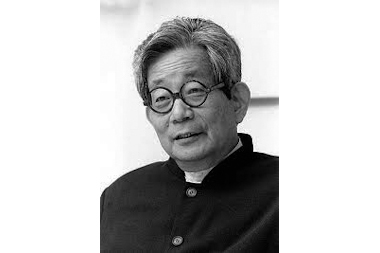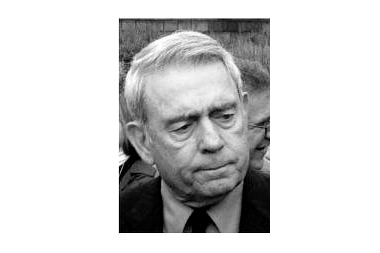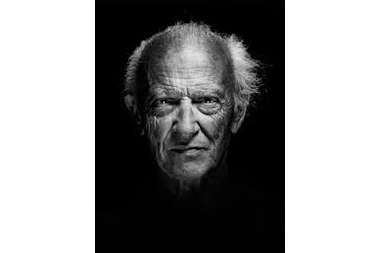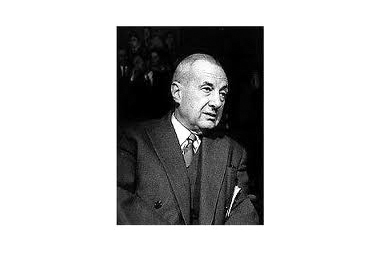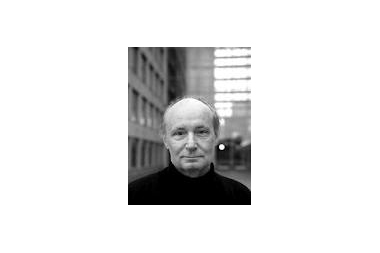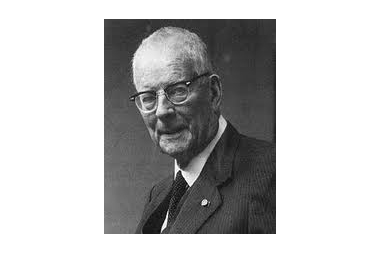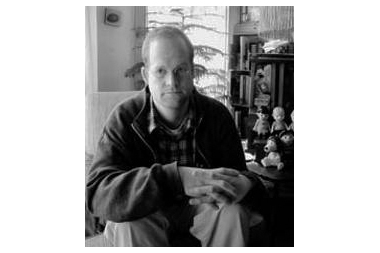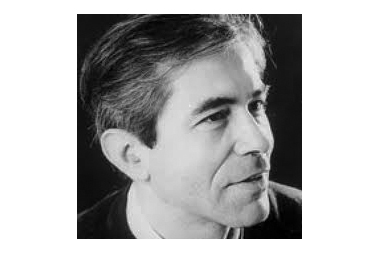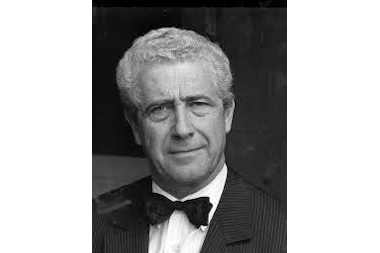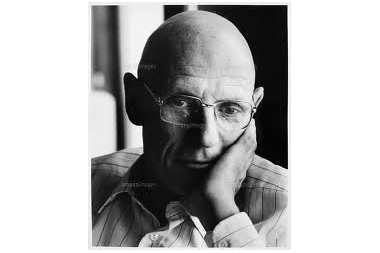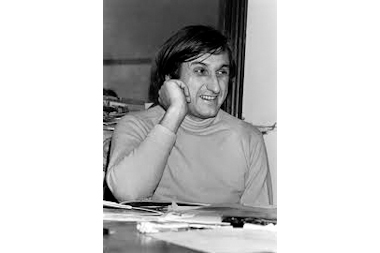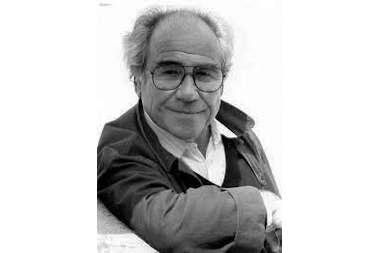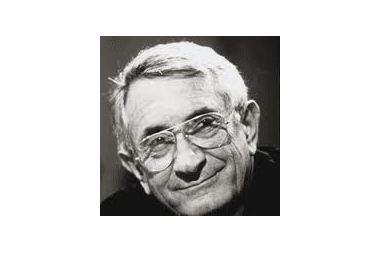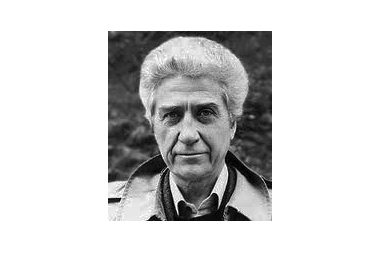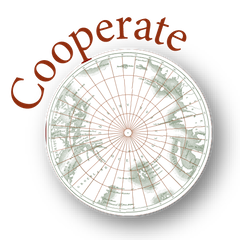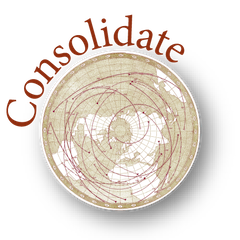1995 : Eugen Drewermann, at home in Paderborn, Germany
« The less someone is honest with themselves, the more they want to escape. It’s always those who are internally most cut up and dissatisfied with themselves who complain about those around them, protest about their way of life and call for an “intolerable system” to be overturned. However, their complaints change absolutely nothing. It’s just like in a game of “beggar my neighbour”, in which the losing card is always replaced without ever being removed from the pack. Whoever really wants to change the world has to begin with themselves and seek out justice in their own heart, instead of expecting others to do it. Only those who have learned to create a bit of order in themselves will find the right words to bring about some good. To do that, it is necessary to accept solitude. Only in that way can one confront oneself without any distraction. If we are to discover the truth about our existence, we must silence extraneous voices. What’s important is not thoughts, advice, congratulations, or the blame of others, but what’s going on in the depths of our being. »


